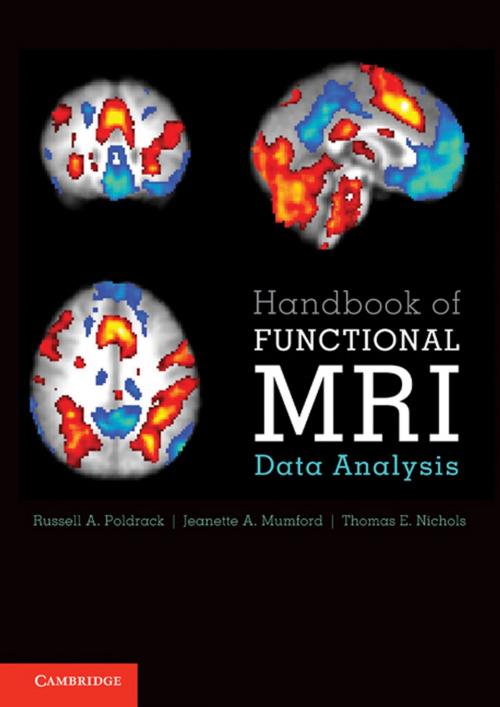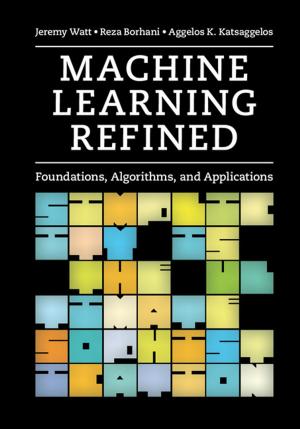Handbook of Functional MRI Data Analysis
Nonfiction, Health & Well Being, Medical, Reference, Biostatistics, Science & Nature, Mathematics| Author: | Russell A. Poldrack, Jeanette A. Mumford, Thomas E. Nichols | ISBN: | 9781139234818 |
| Publisher: | Cambridge University Press | Publication: | August 22, 2011 |
| Imprint: | Cambridge University Press | Language: | English |
| Author: | Russell A. Poldrack, Jeanette A. Mumford, Thomas E. Nichols |
| ISBN: | 9781139234818 |
| Publisher: | Cambridge University Press |
| Publication: | August 22, 2011 |
| Imprint: | Cambridge University Press |
| Language: | English |
Functional magnetic resonance imaging (fMRI) has become the most popular method for imaging brain function. Handbook of Functional MRI Data Analysis provides a comprehensive and practical introduction to the methods used for fMRI data analysis. Using minimal jargon, this book explains the concepts behind processing fMRI data, focusing on the techniques that are most commonly used in the field. This book provides background about the methods employed by common data analysis packages including FSL, SPM and AFNI. Some of the newest cutting-edge techniques, including pattern classification analysis, connectivity modeling and resting state network analysis, are also discussed. Readers of this book, whether newcomers to the field or experienced researchers, will obtain a deep and effective knowledge of how to employ fMRI analysis to ask scientific questions and become more sophisticated users of fMRI analysis software.
Functional magnetic resonance imaging (fMRI) has become the most popular method for imaging brain function. Handbook of Functional MRI Data Analysis provides a comprehensive and practical introduction to the methods used for fMRI data analysis. Using minimal jargon, this book explains the concepts behind processing fMRI data, focusing on the techniques that are most commonly used in the field. This book provides background about the methods employed by common data analysis packages including FSL, SPM and AFNI. Some of the newest cutting-edge techniques, including pattern classification analysis, connectivity modeling and resting state network analysis, are also discussed. Readers of this book, whether newcomers to the field or experienced researchers, will obtain a deep and effective knowledge of how to employ fMRI analysis to ask scientific questions and become more sophisticated users of fMRI analysis software.















